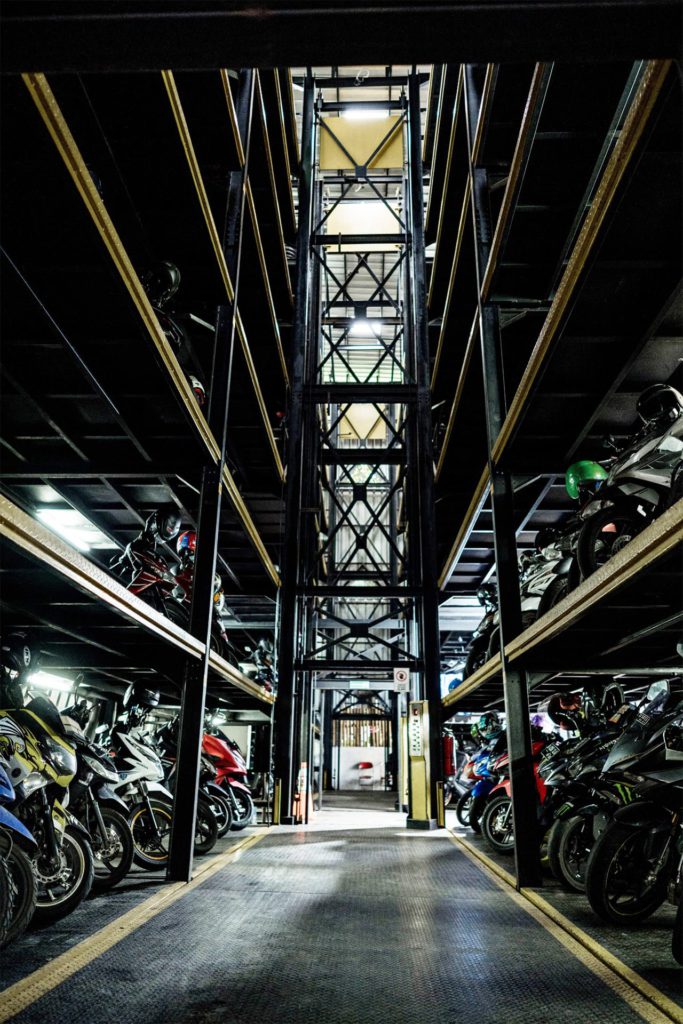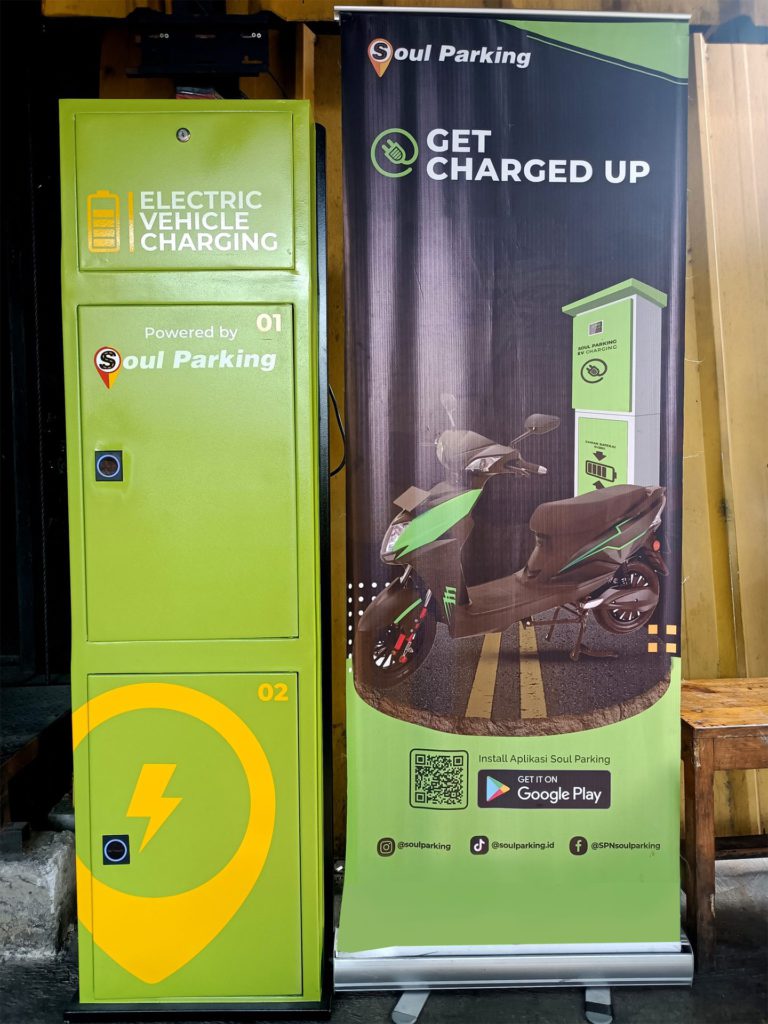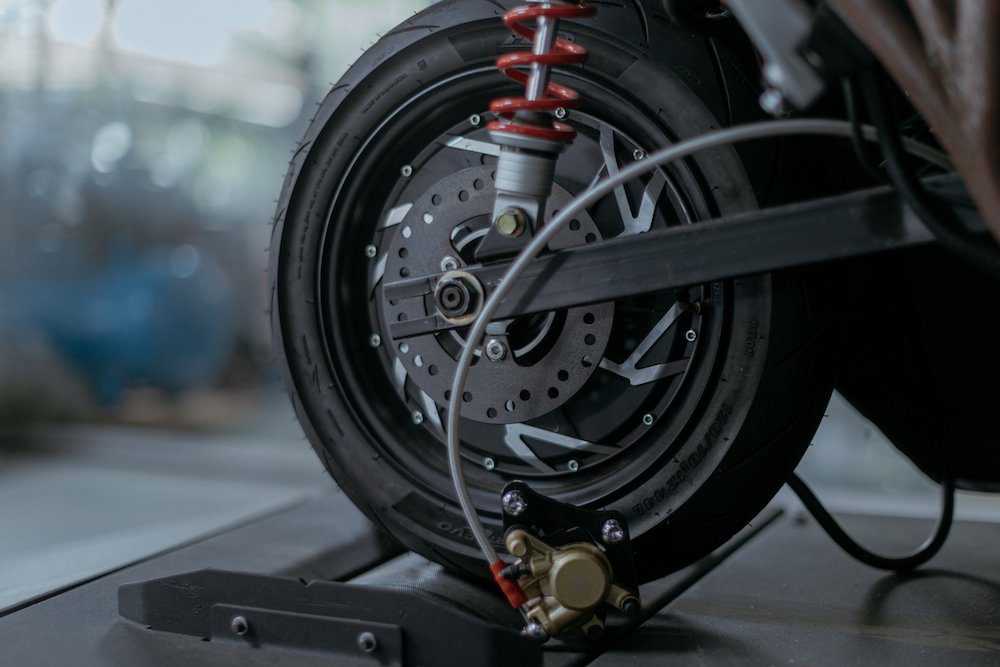The following op-ed was contributed by Leighton Cosseboom. Cosseboom is a principal and the head of public relations and communications of AC Ventures, a leading venture capital firm in ASEAN, with more than USD 500 million in assets under management. The firm is a generational partner to founders driving positive societal change and economic impact in Indonesia and beyond.
Soul Parking, Indonesia’s tech-enabled pioneer in innovative parking solutions, today announced a remarkable 100x growth in its top-line revenue over the past three years. The company’s sustainable and impressive growth underscores its leading position in the nation’s urban mobility sector—an industry ripe with problems to be solved on a societal level.
Indonesia’s burgeoning population, growing annually at a rate of around 1.05%, is in sharp contrast to its limited road expansion, which has seen less than a 1% annual increase. This disparity has led to escalating land prices and severe congestion in major cities like Jakarta, which consistently ranks among the top ten most congested cities globally.
With approximately half the population owning personal vehicles, motorcycles are the primary choice in Indonesia, totaling 125.3 million units (85% of all users) as of 2022. This far outnumbers the nation’s 17 million cars. This dynamic has transformed the motorcycle industry into a significant contributor to the country’s overall carbon emissions, threatening the environment with daily emissions from two-wheelers reaching a staggering 300 million kilograms.
In response, the government, spearheaded by its ministry of energy and mineral resources, has launched an initiative to transition traditional motorcycles into electric ones, targeting the conversion of 50,000 units in 2023 and 150,000 by 2024. The complex situation presents a pressing need to address traffic congestion, environmental sustainability, and the demands of a growing population—all within the constraints of limited land and infrastructure expansion in the archipelago.
With AC Ventures as an early investor, the past three years have marked a period of robust growth and innovation for Soul Parking. Notably, the company demonstrated unparalleled resilience during the Covid-19 pandemic. Even as the world grappled with unprecedented challenges and there were fewer vehicles on the road than ever, Soul Parking adapted its business strategies to navigate the crisis successfully. Emerging from the pandemic, the company then leveraged the overall upswing in mobility, benefiting greatly from the global trend toward urbanization and transportation enhancement.
In addition to its space-saving, mechanized, vertical storage for motorcycles, Soul Parking’s evolving business model has been central to its success. The company’s latest tech offering takes the form of an operating system, which seamlessly integrates an asset-light solution with parking management software, setting a new standard in the industry. This forward-thinking approach has not only reduced capital expenditure but also led to a faster payback period for clients.

Further, the launch of Soul Parking’s hardware-as-a-service model exemplifies its commitment to providing accessible and cost-effective parking solutions. By offering the rental of its parking equipment and systems, the company has minimized upfront payment for landowners, creating a more flexible and appealing option in the market.
In terms of strategic partnerships and a high-value target market, Soul Parking has developed strong mutual value exchange relationships. The startup’s focus on the B2B market has allowed it to create tailored offerings for different stakeholders. Specifically, Soul Parking has catered to landowners and parking service providers across sectors such as healthcare and hospitals, government agencies, modern retail, and various other types of properties.
Meanwhile, Soul Parking’s traction in the mobility market comes on the eve of an imminent electric vehicle revolution in Indonesia. Indonesia’s EV two-wheeler penetration currently sits at 0.2% of the market, with an opportunity to exceed 10% over the next five years, provided that public and private stakeholders work together to build a conducive local EV sector.
In a bid to help catalyze mass-market EV adoption in Indonesia, Soul Parking has also begun transforming into a nationwide hub for EV charging, offering essential infrastructure along with battery charging and storage facilities for electric motorbikes. This initiative aligns with Indonesia’s government policy and ambition to transition traditional motorcycles into electric ones, addressing the environmental challenges posed by today’s two-wheelers.

A critical aspect of Soul Parking’s journey has been its unwavering commitment to a world-class user experience. Through mobile app integration, the company has enhanced the parking process, enabling seamless parking space booking, early check-out, digital payment, and now on-location services such as EV charging.
The company is led by Kenneth Darmansjah as CEO, Andru Wijaya as CBO, and Unggul Depirianto as CTO. Kenneth reflected on the company’s trajectory, explaining, “Our extraordinary growth over the past three years is a manifestation of our relentless pursuit of innovation, customer satisfaction, and environmental stewardship. We are not only addressing today’s urban challenges but actively shaping an exciting and efficient future for urban mobility in Indonesia.”
The company’s management has also set an example of responsibility and dedication. During the challenging times of the pandemic, only the salaries of C-level executives were reduced, preserving capital for sustainable and efficient growth.
The complex urban landscape of Indonesia, with its congestion challenges, escalating land prices, and the discrepancy between population growth and road expansion, requires innovative solutions. Soul Parking’s growth and strategic initiatives exemplify a promising solution to these issues.
Kenneth added, “As Soul Parking continues its journey, the successes of the past three years offer a glimpse of our potential and the transformative impact our technology can have on urban life in Indonesia and beyond.”

